Zanzibar (Jamhuri ya Watu wa Zanzibar)
Zanzibar (; Swahili: Zanzibar; Arabic: زِنْجِبَار, romanized: Zinjibār) is an insular autonomous region of Tanzania. It is composed of the Zanzibar Archipelago in the Indian Ocean, 25–50 kilometres (16–31 mi) off the coast of the mainland, and consists of many small islands and two large ones: Unguja (the main island, referred to informally as Zanzibar) and Pemba Island. The capital is Zanzibar City, located on the island of Unguja. Its historic centre is Stone Town, a World Heritage Site.
Zanzibar's main industries are spices, raffia, and tourism. In particular, the islands produce cloves, nutmeg, cinnamon, and black pepper. For this reason, the Zanzibar Archipelago, together with Tanzania's Mafia Island, are sometimes referred to locally as the "Spice Islands". Tourism in Zanzibar is a more recent activity, driven by government promotion that caused an increase from 19,000 tourists in 1985, to 376,000 in 2016. The islands are accessible via 5 ports and the Abeid Amani Karume International Airport, which can serve up to 1.5 million passengers per year.Zanzibar's marine ecosystem is an important part of the economy for fishing and algaculture and contains important marine ecosystems that act as fish nurseries for Indian Ocean fish populations. Moreover, the land ecosystem is the home of the endemic Zanzibar red colobus, the Zanzibar servaline genet, and the extinct or rare Zanzibar leopard. Pressure from the tourist industry and fishing as well as larger threats such as sea level rise caused by climate change are creating increasing environmental concerns throughout the region.
- 1 Etymology
- 2 History
-
3
Demographics
- 3.1 Ethnic origins
-
3.2
Languages
- 3.2.1 Arabic
- 3.3 Religion
-
4
Government
- 4.1 Politics
-
5
Geography
- 5.1 Climate
- 6 Wildlife
- 7 Standard of living and health
- 8 Environment
- 9 Economy
-
10
Transport
- 10.1 Roads
- 10.2 Public transportation
-
10.3
Maritime transport
- 10.3.1 Ports
- 10.4 Airport
-
11
Culture
- 11.1 Media and communication
- 11.2 Education
- 11.3 Sports
- 12 Notable people
- 13 Gallery
- 14 See also
- 15 References
- 16 Further reading
- 17 External links
Links
Images Gallery
-
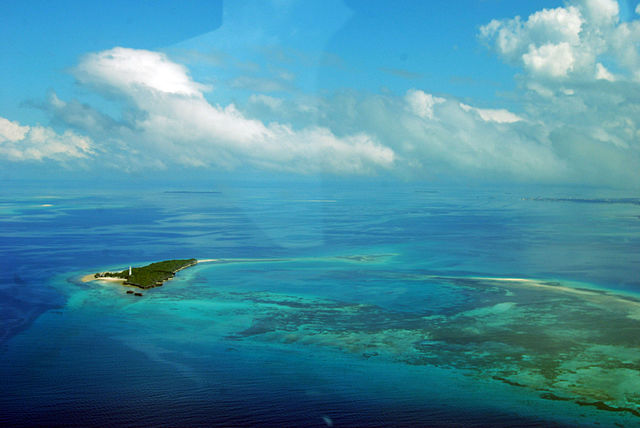 The Coastline of Zanzibar.
The Coastline of Zanzibar.
-

-
-
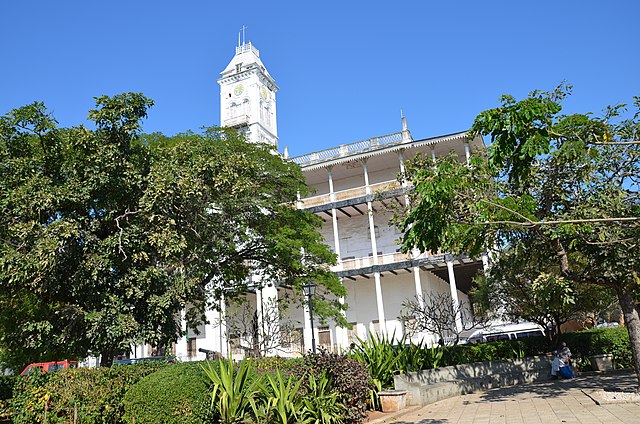
-

-

-
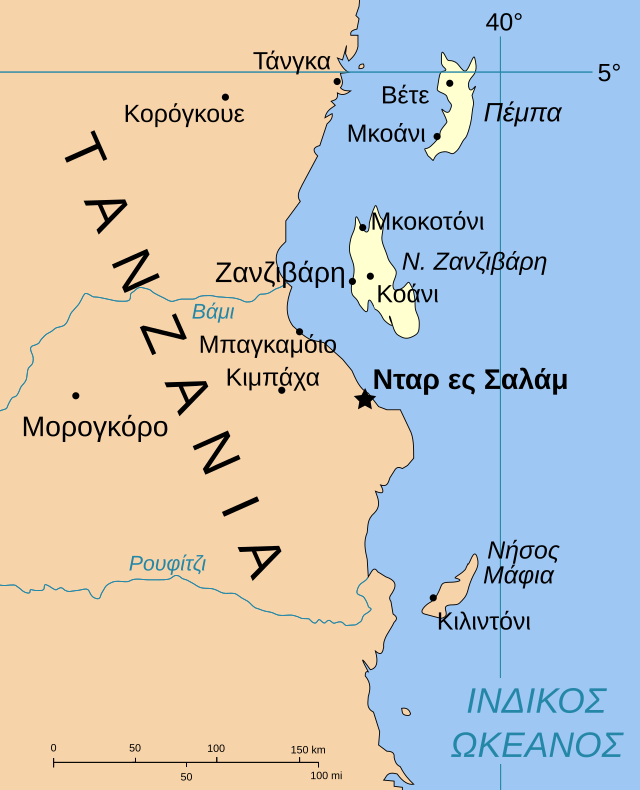
-
The castle in Zanzibar
-
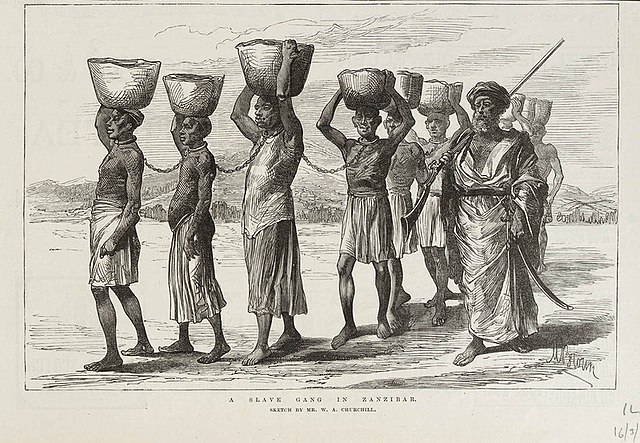 A Zanj slave gang in Zanzibar (1889)
A Zanj slave gang in Zanzibar (1889)
-
 Monument to the slaves in Zanzibar
Monument to the slaves in Zanzibar
-
 A street scene in Zanzibar during the early 20th century
A street scene in Zanzibar during the early 20th century
-
 President Abeid Karume
President Abeid Karume
-
12 Jan 2004: President Karume of Zanzibar enters Amani Stadium for the celebration of the 40th anniversary of Zanzibar's 1964 revolution
-

-
 Aquaculture of red algae (Eucheuma), Jambiani
Aquaculture of red algae (Eucheuma), Jambiani
-
 Market stall in Zanzibar's Stone Town
Market stall in Zanzibar's Stone Town
-
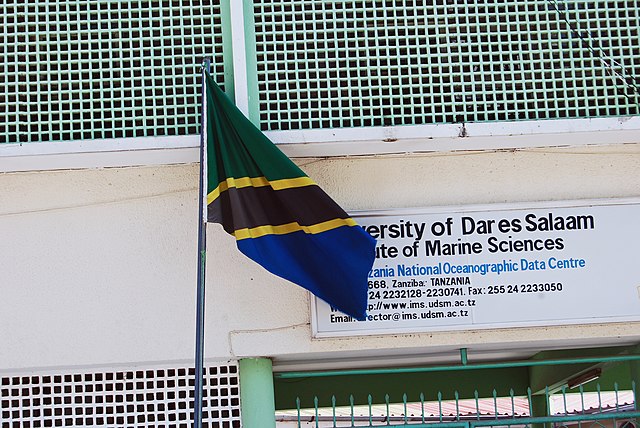 Institute of Marine Sciences, UDSM
Institute of Marine Sciences, UDSM
-
 Zanzibar Harbour
Zanzibar Harbour
-
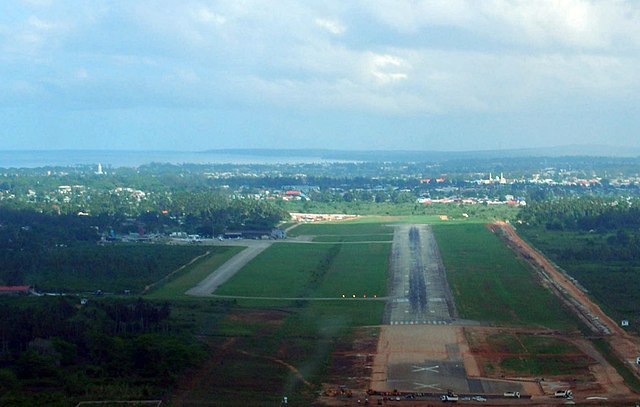
-

-

-

-
 ZIFF, 2013
ZIFF, 2013
-
 A street scene in Stone Town
A street scene in Stone Town
-
 Produce vendors at a market
Produce vendors at a market
-

-
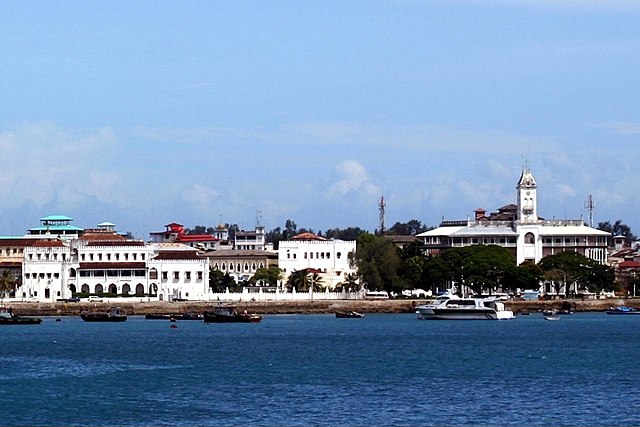
-

-
-
-

-
 Zanzibari slave trader Tippu Tip
Zanzibari slave trader Tippu Tip
-
 Omani Sultan of Zanzibar
Omani Sultan of Zanzibar
-
-

-
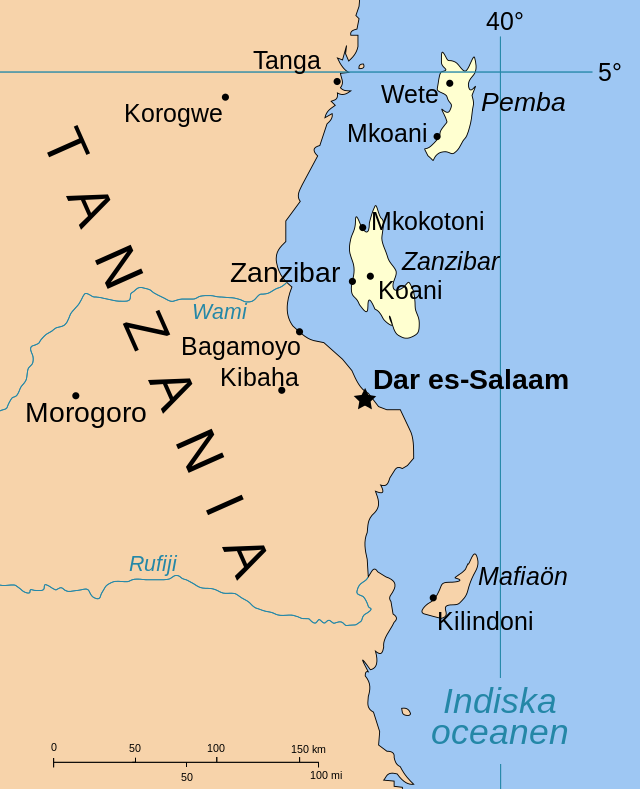
-
 The Harem and Tower Harbour of Zanzibar (p.234), London Missionary Society[25]
The Harem and Tower Harbour of Zanzibar (p.234), London Missionary Society[25]
-
 The post office in Zanzibar was initially managed by the postal service of British India. Before dedicated Zanzibar stamps could be manufactured, Indian stamps were locally overprinted. This item is from a pre-printed Indian envelope or postcard, overprinted at the offices of the Zanzibar Gazette, which had the only printing press in the territory.
The post office in Zanzibar was initially managed by the postal service of British India. Before dedicated Zanzibar stamps could be manufactured, Indian stamps were locally overprinted. This item is from a pre-printed Indian envelope or postcard, overprinted at the offices of the Zanzibar Gazette, which had the only printing press in the territory.
-
 The main mosque and Christ Church Anglican cathedral in Stone Town
The main mosque and Christ Church Anglican cathedral in Stone Town
-

-
 An aerial view of Stone Town in Zanzibar
An aerial view of Stone Town in Zanzibar
-
A dolphin in the Indian Ocean, off the coast of Zanzibar
-
 Papilio demodocus in Zanzibar, Nungwi.
Papilio demodocus in Zanzibar, Nungwi.
-
 Prophylaxis poster in Zanzibar, 2008
Prophylaxis poster in Zanzibar, 2008
-
 Seaweed farming in Jambiani
Seaweed farming in Jambiani
-
 Tourism is one of the main sectors of the economy
Tourism is one of the main sectors of the economy
-
 Tourists in boat are chasing dolphins in the Indian Ocean near Zanzibar
Tourists in boat are chasing dolphins in the Indian Ocean near Zanzibar
-
 A narrow pedestrian alleyway in Stone Town, Zanzibar.
A narrow pedestrian alleyway in Stone Town, Zanzibar.
-
 A train operating on the railway between Bububu and Stone Town in Zanzibar, circa 1905
A train operating on the railway between Bububu and Stone Town in Zanzibar, circa 1905
-
 Several times a day fast ferry services between Dar Es Salaam and Zanzibar
Several times a day fast ferry services between Dar Es Salaam and Zanzibar
-
 Azam Sealink1 ferry
Azam Sealink1 ferry
-
 Zanzibar Airport Terminal I
Zanzibar Airport Terminal I
-
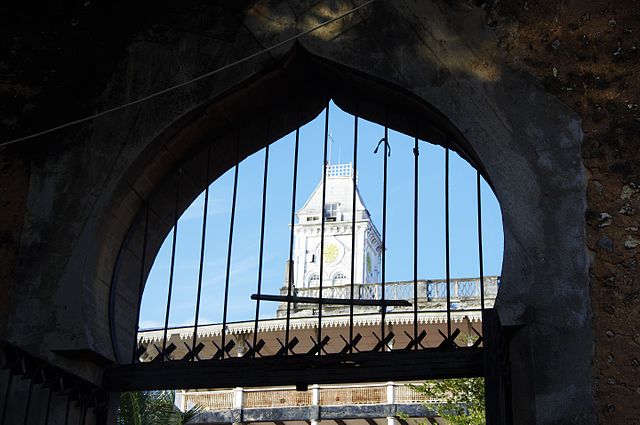 A view of the clock tower in House of Wonders through Islamic styled door in the Stone City
A view of the clock tower in House of Wonders through Islamic styled door in the Stone City
-
 A bird's view of Amaan Stadium in Zanzibar.
A bird's view of Amaan Stadium in Zanzibar.
-

-

-

-

-
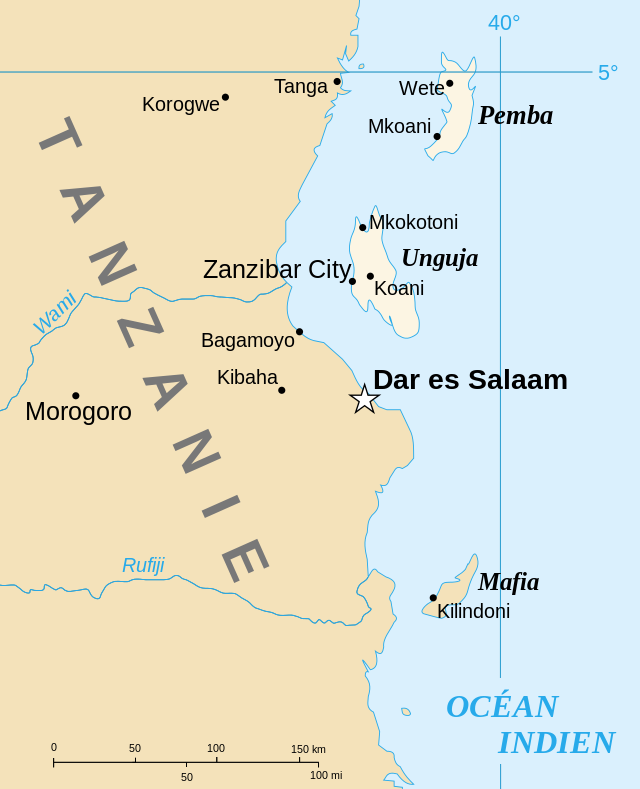
-

-

-

-

-
-

-

-
-

-

-

-

-

-

-

-
-

-

-

-

-

-

-

-

-

-

-
-
-

-

-

-

-

-

-

-
-

-
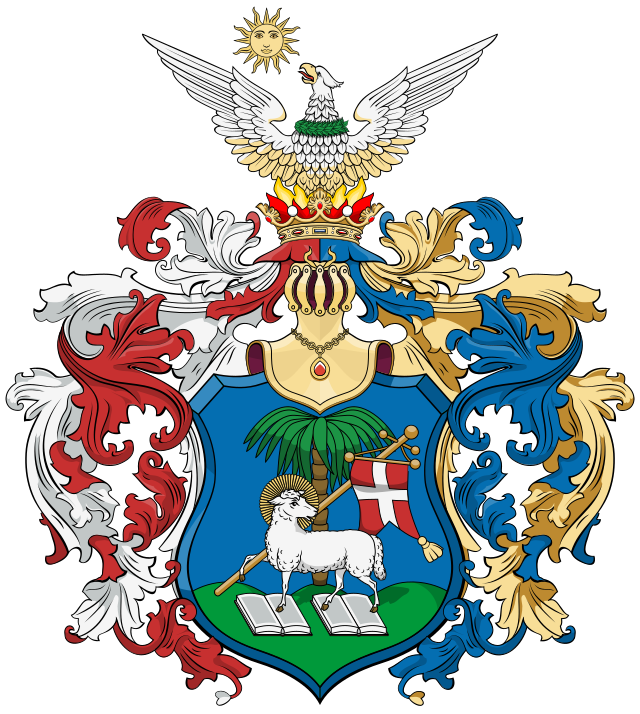
-

-

-

-

-

-

-

-
-
-

-
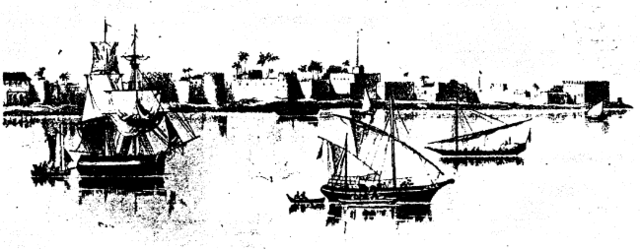
-
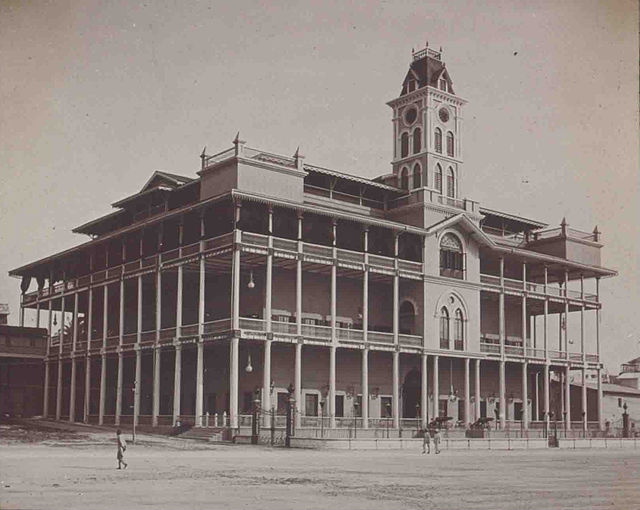
-

-

-

-
-
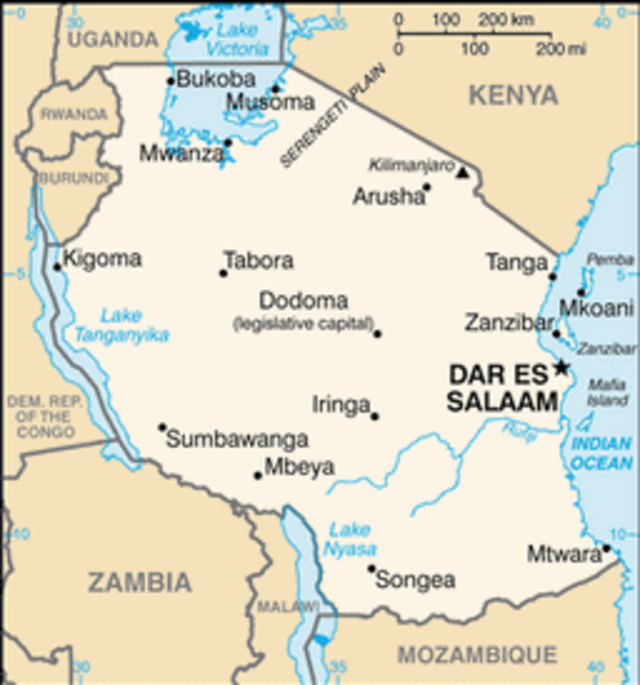
-

-

-

-

-
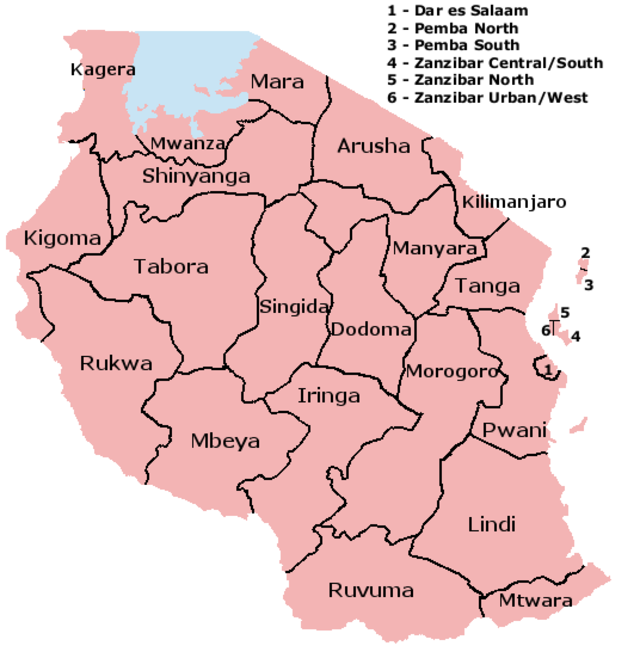
-

-

-

-

-

-
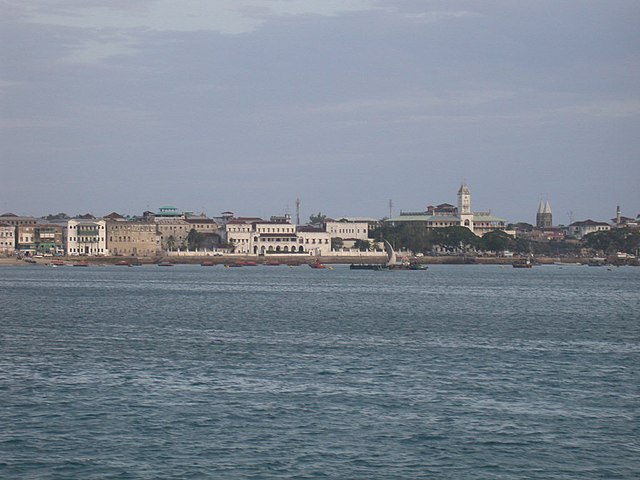
-

-

-

-

-

-

-

-

-

-

-

-
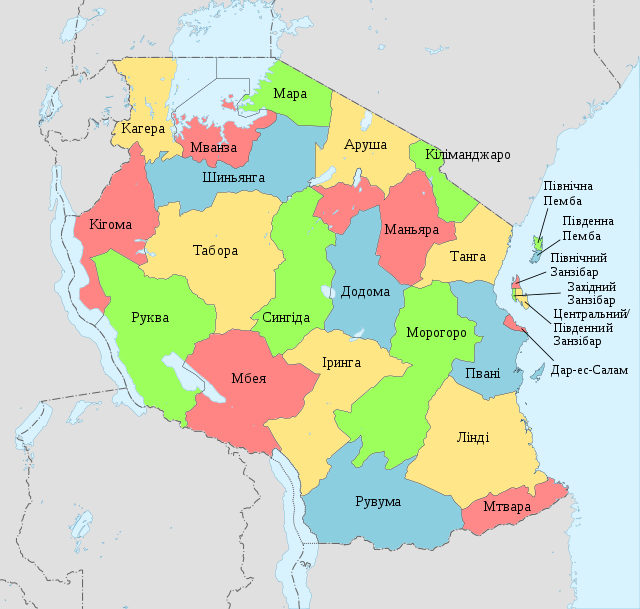
Comments
Share your experience with others and write the first comment about the location








































































































































